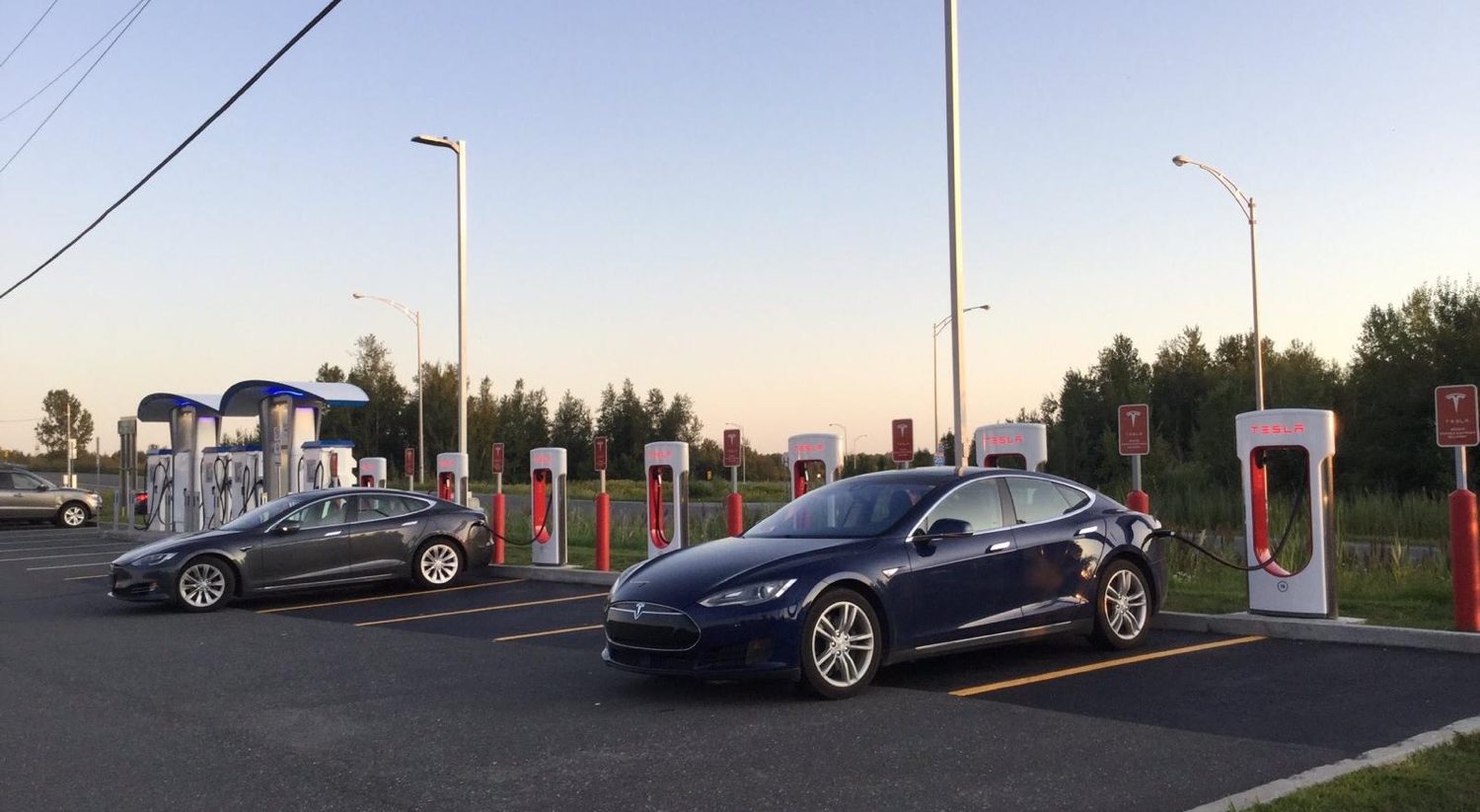What can up to £500m can do for rapid public charging at Motorway Service Areas (MSAs) and along the strategic road network in England? A great deal if structured well!
At least this is the view of the REA EV Forum, who have come together and drafted principals on how the Fund should be deployed.
We believe this Fund to be a major step towards creating a mass market in electric vehicles and congratulate OLEV and Treasury’s work in securing it.
For background, the UK Office for Low Emission Vehicles has been working to understand rapid charging requirements at Motorway Service Areas (MSAs) along the Strategic Road Network (SRN). In May 2020 they released an ambitious vision for 6,000 rapid charge points (~150kW+) to be deployed at MSAs and across the SRN in England, and in the Spring Budget Government sat aside a £500m ‘Rapid Charging Fund’ which will support electrical grid upgrades to facilitate this vision.
The REA welcomes this initiative and thinks targeting grid investments is an appropriate use of Government money. The time, cost, and level of commitment required by charge point developers (and other stakeholders) to pursue large-scale grid upgrades often poses a major barrier to deployment and represents a market failure.
The consumer experience of using the charge points supported by this Fund will be crucial, and as the programme of works is rolled out, ensuring a positive experience should remain front and centre as a priority.
As discussions are progressing within Government and industry around how the Fund should be structured, the REA thinks that the following principals should be adopted:
- Assign the deployment of this Fund, and ownership of the subsequent assets, to an arms-length Authority. Given the long-term nature the assets that will be built on the back of the Rapid Charging Fund, we believe that the deployment of the Fund and ownership of subsequent assets should be owned and operated by a standalone organisation. This Authority can be fully owned by, or report directly to, Government. The Authority should have a mandate to facilitate the deployment of rapid charging infrastructure at MSA sites / SRN locations, and where possible support co-location of other low-carbon energy and transport technologies.
- Create competition for consumers across the network. It is essential that the end-result of this exercise is for a consumer to be able to choose their preferred charge point operators and not be effectively locked into a single provider.
- Ensure consumer ease is prioritised at charging sites. We in principal welcome the stipulations suggested in the announcement on the 14th May 2020 that rapid and ultra-rapid chargers at MSAs should be easy to access, should be reliable, and have a good level of associated customer service.
- Pursue the optimal cost solutions, for both current and future customers, for providing future proof grid upgrades. We would welcome the Authority working with any organisation which is able to deliver future proof (accounting for EV uptake rates and other electric vehicles, such as HGVs) grid upgrades at optimal cost for current and future customers, and at speed, be they National Grid, Distribution Network Operators, Private Wires, or Independent Distribution Network Operators (IDNOs).
- Ensure coverage at every site, existing and new. Delivering grid upgrades for MSAs / SRN locations should be treated as a portfolio investment. Sites that are less likely to make a ‘profit’ early should be treated with equal importance to higher-value sites, and all should be advanced.
- Be transparent and move all sites forward simultaneously. Rather than proceed on a one-site-at-a-time approach, and the prioritisation of certain locations, we would welcome the publication of a transparent plan to upgrade all relevant MSA sites. The Authority should update the Plan regularly so industry can plan accordingly.
- Look beyond the car. As we believe there will be a role for electrification in bus, coach, and HGV market segments (along with renewable transport fuels and hydrogen), capacity (infrastructure) being deployed at these sites should be developed with an eye to such vehicles.
- The funds should enable the wider energy transition. The Authority should deploy the Rapid Charging Fund, and structure the ownership of the new grid capacity, in a way that enables new solar PV, onshore wind, energy storage, and other low-carbon onsite energy generation capacity to be deployed so long as it does not take away capacity from the power provided to the EV charging sites.
Background
The REA’s EV Forum is comprised of around 75 companies operating in the UK’s electric vehicle charging infrastructure ecosystem, ranging from charge point operators (CPOs) to installers, eMobility Service Providers (eMSPs), roaming and payments platforms, financiers, and equipment manufacturers.
Further details on the Forum can be found here: https://www.r-e-a.net/our-members-forum/electric-vehicles/
If you would like to get involved, email us: [email protected]
Author: Daniel Brown, REA Policy Manager & EV Lead

